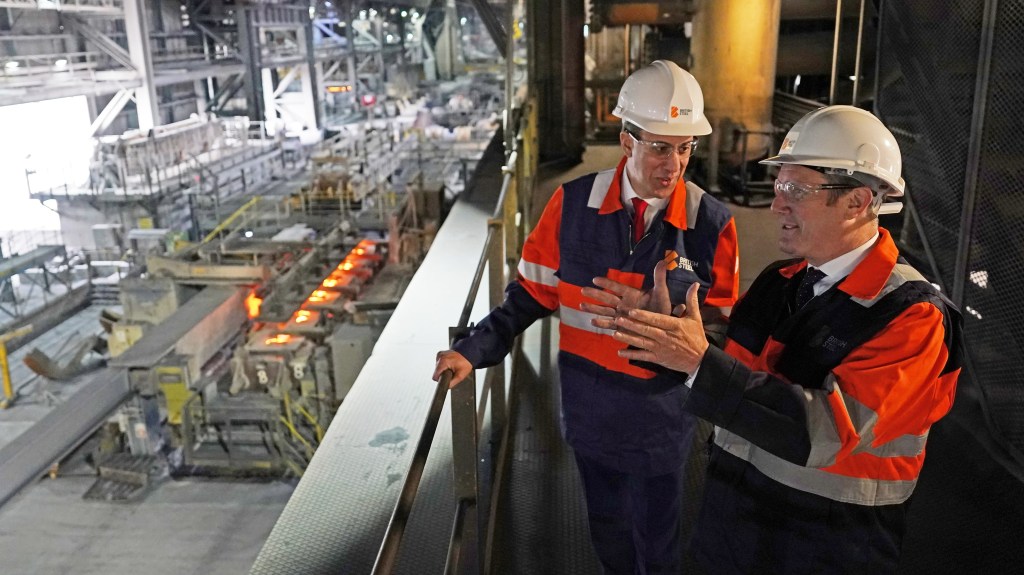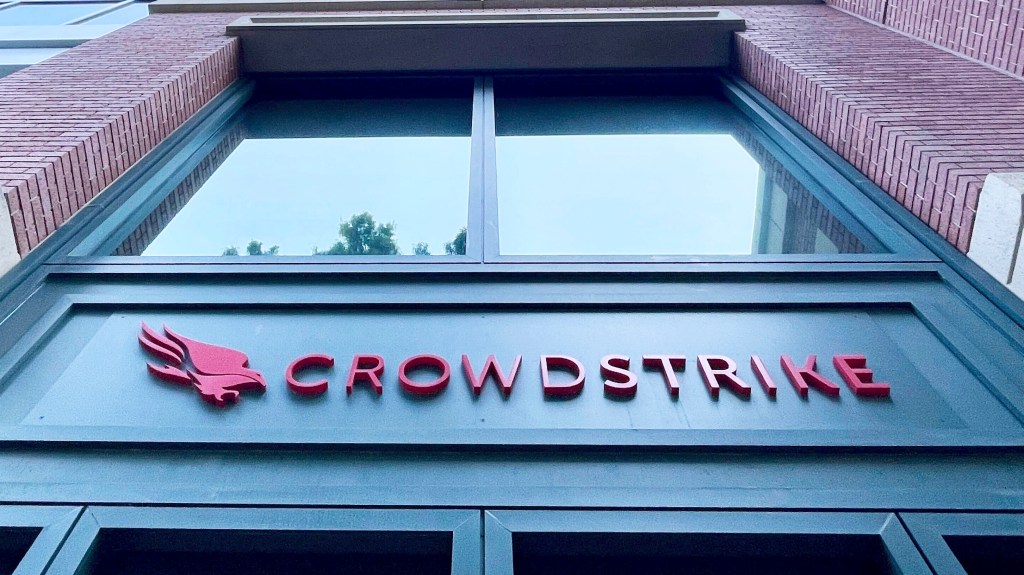British Steel Nears £600 Million Government Bailout Deal
The UK government is approaching a significant bailout agreement for British Steel, which involves injecting £600 million of taxpayer funds into the company.
This weekend, Labour indicated a renewed determination to resolve the deadlock with British Steel’s Chinese owner, Jingye, which has cast uncertainty over Scunthorpe’s vast operations for over four years. Jingye is now playing a crucial role in reaching a compromise by committing to finance the loss-making operations at least until the latter half of 2025.
British Steel is one of only two producers of strategically essential “virgin steel” in the UK, alongside Tata Steel in Port Talbot, Wales. Tata is also in advanced discussions with the government for a similar bailout.
Jingye took over British Steel in March 2020 following its collapse into insolvency the previous year. The company runs two blast furnaces and employs 4,000 workers at its Lincolnshire steel plant.
Executives aim to transition from the company’s unprofitable blast furnaces to modern, cleaner electric arc furnace (EAF) technology, which would cost £1.25 billion. The switch would reportedly cut carbon emissions by 75%, according to British Steel.
However, Jingye is unwilling to proceed without significant public subsidies and seeks access to £600 million in taxpayer support.
Unions caution that even with an approved deal, approximately 2,000 jobs could be lost, as EAF technology requires far less labor than traditional methods.
Some Scunthorpe production might also shift to British Steel’s Teesside plant, where a new EAF facility is planned.
Negotiations have stalled under successive Conservative governments, with officials skeptical about British Steel’s Chinese backers and concerned about multiple red flags from the company’s auditors.
The change in government has reinvigorated discussions, with several potential options now being considered, including investing in carbon capture and storage and maintaining blast furnace operations until the new EAFs are functional.
“We’re collaborating with trade unions and businesses, including British Steel, to ensure a green steel transition that benefits workers and protects the future of the British steel industry,” a government spokesperson stated.
Recently filed accounts should alleviate some of Whitehall’s concerns over British Steel’s finances. The accounts reveal that Jingye infused £100 million of equity last October and committed to providing financial support, if necessary, until at least July 2025. British Steel has also received over £200 million in loans from Jingye.
The delayed accounts, covering the year up to December 2021, were finalized on July 18, 2024, following Labour’s rise to power.
Financial commentary noted that the new government “understands” the cost pressures on British Steel. Formal funding talks with Sir Keir Starmer’s administration are ongoing, the company noted.
A government spokesperson commented, “Decarbonisation doesn’t equate to deindustrialisation, which is why we’ve committed £2.5 billion to rejuvenate the steel industry and support communities for future generations.”
Sources close to the talks believe that a British Steel rescue deal is unlikely to conclude before a similar agreement for Tata Steel.
British Steel did not provide a comment.
Tata’s Indian owners had previously negotiated with Rishi Sunak’s government to shut down their two blast furnaces in Port Talbot and switch to EAF technology. However, the agreement was unsigned when Sunak called for an election in early July.
Business Secretary Jonathan Reynolds successfully persuaded union leaders to call off strikes at Port Talbot shortly after taking office. The strikes threatened to derail the Conservative-agreed deal, which would have offered the longest-serving South Wales steelworkers up to £100,000 in redundancy payouts.
Reynolds now faces potential conflict with unions over Labour’s strategy for the steel sector. Union leaders argue that public funding should only be provided if blast furnace production continues.
Both British Steel and Tata contend that UK blast furnace production is financially unsustainable. Maintaining blast furnace production in the medium to long term would also contradict Labour’s environmental commitments. For example, Port Talbot alone accounts for about 20% of Wales’s carbon emissions.




Post Comment